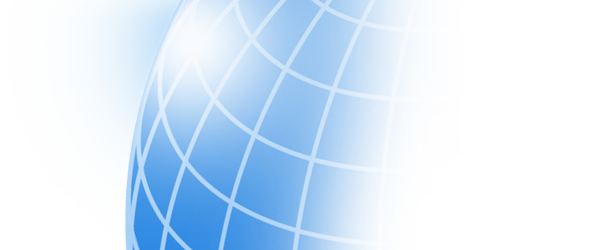People - GLOBE Observer
This is the fourth of a series of profiles highlighting the accomplishments of NASA's 2019 Summer Interns.
What did you work on this summer?
This summer, I did some exploratory research to see if we could combine the power of GLOBE citizen science data and social media to learn about where mosquitoes are found.
I performed geospatial analysis on Tweets that contain mosquito-related keywords to assign a confidence value to the mosquito habitat mapper data. One of the most important things I learned this summer is how important social media data can be.
I set up a Twitter scraper, which is a tool that sends me tweets from search terms in real time. My search terms were ‘mosquito’, ‘malaria’, ‘dengue’, ‘Zika’, ‘Rift Valley fever’, and other vector-borne diseases. Only 1-4% of tweets have latitude and longitude location information. These tweets are ‘geotagged’.
I filter GLOBE observations and tweets that are within seven days of each other, due to the short life cycle of mosquitoes. I built a tool to automatically match MHM observations and geotagged tweets that are within a week of each other, within 50 km, and tweets that have a geotagged region less than 50 km2. MHM observations were labeled ‘confirmed’, ‘possible’, or ‘unknown’ based on these three factors for tweets.
The figure below is an example of two ‘confirmed’ GLOBE Observer MHM reports of mosquito presence inside a twitter polygon.

What did you learn from the GLOBE Observer data?
I found my exploratory summer research to be a great proof-of-concept. On average, two to three matches and few ‘possible’ and ‘confirmed’ labeled matches come in per day. I expect more matches to come in as the popularity of the MHM tool grows. I think this research is just the tip of the iceberg when it comes to the usage of social media data for corroborating GLOBE observations.
What have you studied, and how has your education prepared you for this position?
I'm a computer science major. Ironically, my 4 years of CS classes at high school helped more than my 2 semesters of college. Hands-on practice in CS reigns supreme, and no amount of book-learning will trump it.
Any advice to younger students that would like to pursue internship at NASA?
I absolutely did not think I would get this internship, and my application was a Hail Mary. The best thing you can do is to work diligently and set yourself apart from your competition. Make the absolute most of your time at NASA. It's a really cool experience.
Parting thoughts on your summer at NASA?
Spending a summer at JPL really was a dream come true. I would’ve never imagined working here, but life can be very surprising. Everybody I’ve interfaced with, whether in person or remotely, has been absolutely lovely and kind. I’ll never forget my time working with NASA, and it has shown me how important it is to work hard for what you want.








